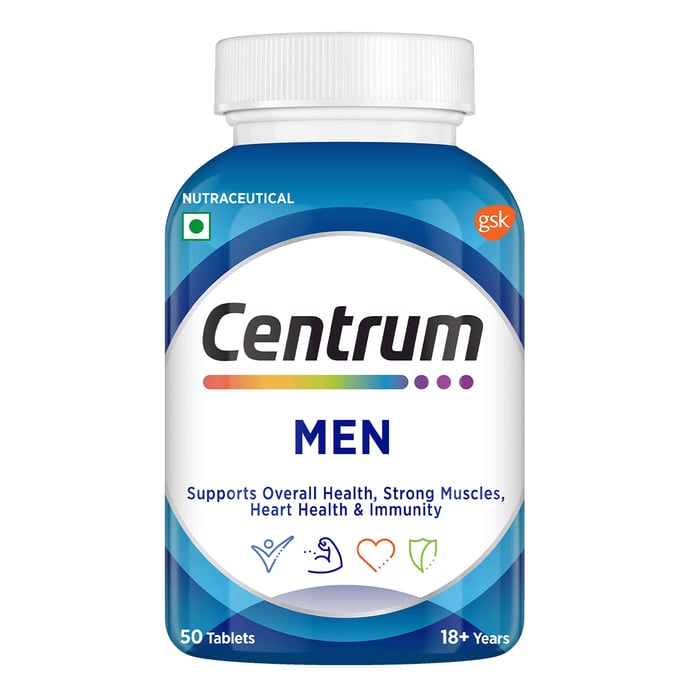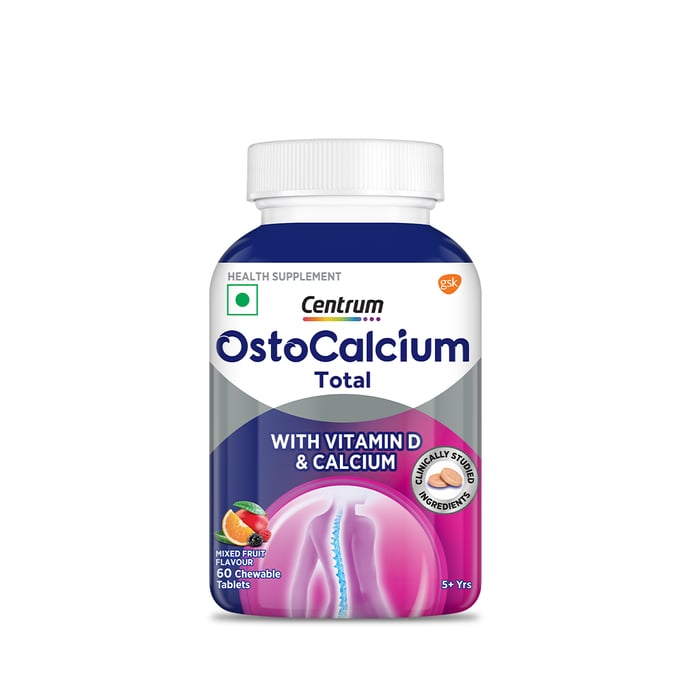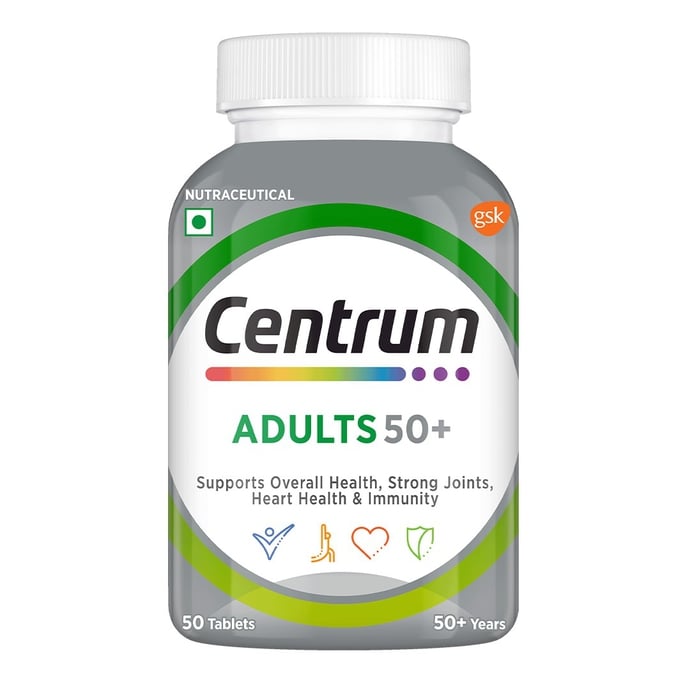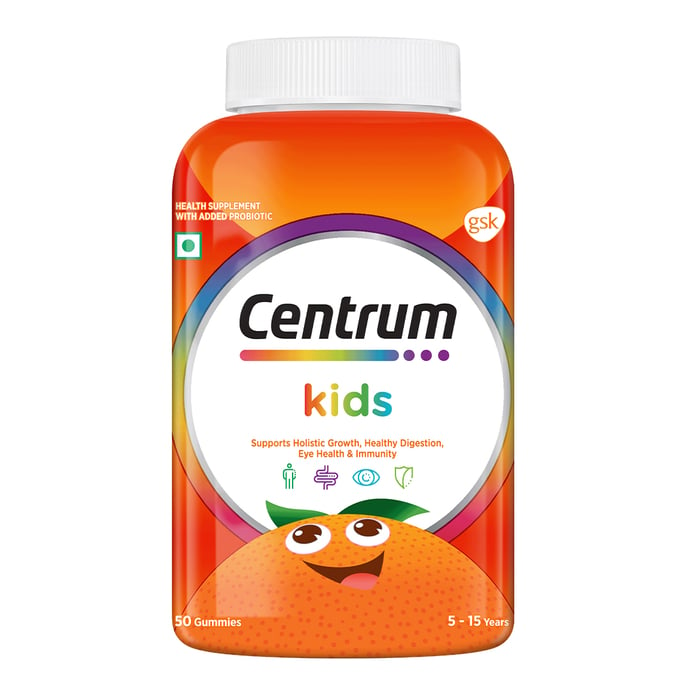
Vitamin C
5 MIN READ | February 26, 2024
A water-soluble vitamin essential for immune health and the repair and maintenance of muscles, skin, bones, and teeth
What is Vitamin C?
Vitamin C offers protection—it’s one of several antioxidants in the body that deflect some of the damage caused by free radicals. Free radicals are oxygen-based byproducts of normal metabolism. They are also formed when you’re exposed to toxins such as cigarette smoke (including secondhand) and air pollution.
Vitamin C helps to protect proteins, fats, carbohydrates, and genetic material, including DNA, against oxidation from free radicals. Vitamin C also assists with iron absorption. The body absorbs more non-heme iron—the form found in plant foods, such as spinach, and in fortified foods, including breakfast cereals and breads—in the presence of Vitamin C. Iron is necessary to reduce risk of iron deficiency and iron-deficiency anemia, which inhibits your energy and reduces your concentration.
Why is Vitamin C Important?
You need Vitamin C for the growth and repair of every cell. It’s necessary for forming collagen, which serves as a structural component of blood vessels, cartilage, tendons, ligaments, bone, and skin. That makes Vitamin C essential for the repair and maintenance of muscles, skin, bones, and teeth.
80 mg/day for Men
65 mg/day for Women
Recommended Dietary Allowance
Sources of Vitamin C
- Bell Pepper
- Broccoli
- Papaya
Show References :
1. Office of Dietary Supplements - Vitamin C. National Institute of Health.
https://ods.od.nih.gov/factsheets/VitaminC-Consumer/
2. Vitamin C. The Nutrition Source, Harvard T.H. Chan School of Public Health.
Recommended Articles
Frequently Bought Products
Centrum Women 50 Tablets
A mindfully crafted multivitamin for women age 18+
Centrum Men 50 Tablets
Contains 23 essential nutrients that support the active lifestyle of men age 18+
Centrum OstoCalcium Total Chewable 60 Tablets
Daily nutritional chewable tablets that provide RDA of calcium & vitamin D
Centrum Adults Age 50+ (50 Tablets)
Daily Multivitamin to help meet the nutritional needs of adults aged 50+, with 23 essential nutrients
Centrum Kids 50 Gummies
Multivitamin support holistic growth of kids
Centrum Omega-3 Fish Oil 60 Capsules
Fish Oil offers multiple benefits to support your body’s needs









